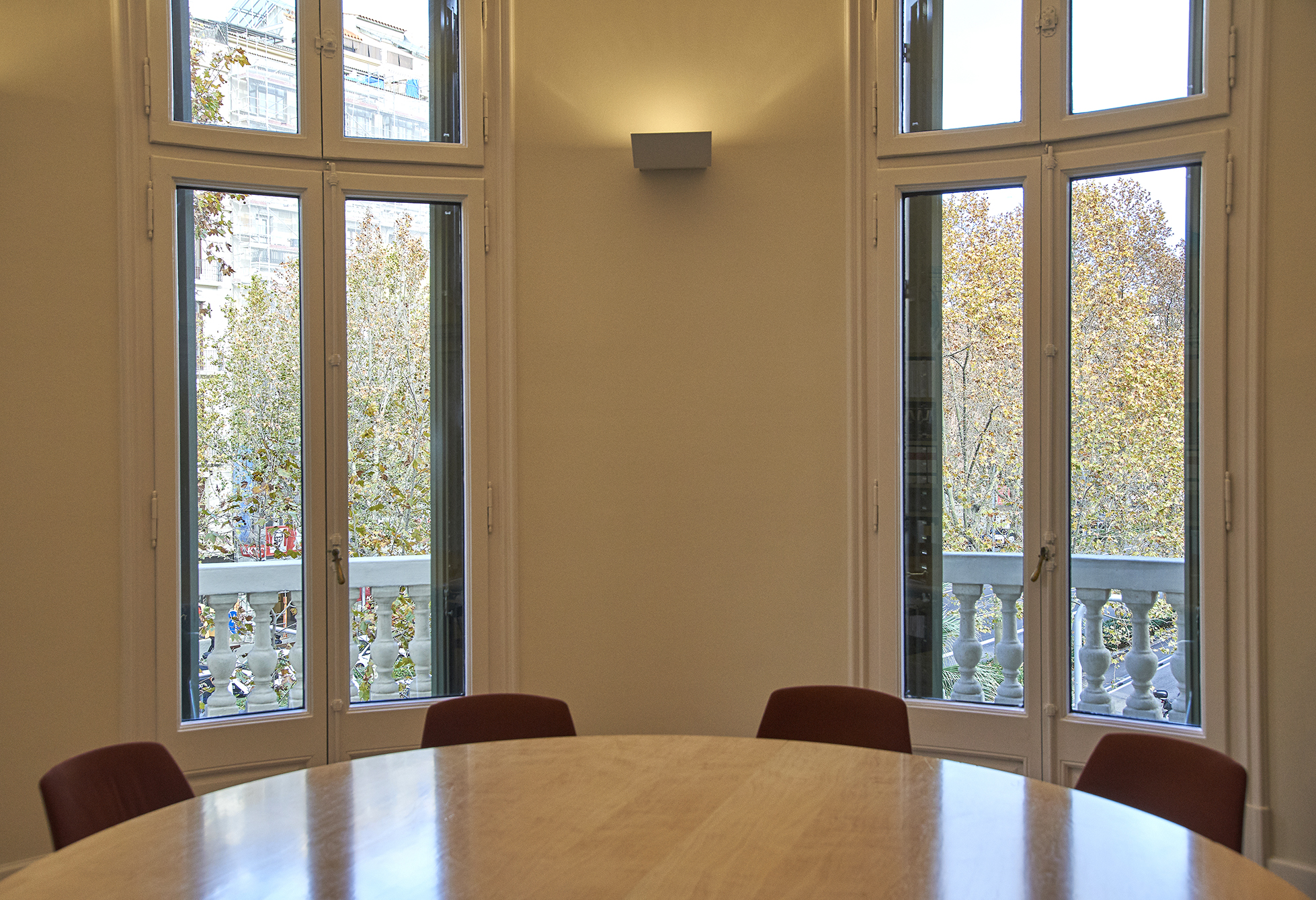
Osasuna Case
Commentary on the first conviction for the crime of sports corruption and the interpretation given by the Supreme Court to the “bonuses for winning”
In April 2020, the Second Section of the Provincial Court of Navarra convicted for the commission of a crime of private corruption in sports, both managers and players of a sports entity, specifically a soccer club.
The crime of corruption in sport -a criminal modality that was introduced in our Penal Code after the reform operated by LO 5/2010, of June 22nd- consists of “deliberately altering the result of a sporting event“. It is a crime of mere activity, that is, it is consummated with the simple offer or request of a benefit or advantage and, therefore, it does not require the agreed sporting result to be produced. Hence, the judgment of instance dedicated the legal grounds intended for this specific accusation to explain the reasons why it was irrelevant the form or manner in which the matches of match days 37 and 38 of the 2013-2014 season were developed – in which it is considered accredited that the previously agreed amounts were offered and delivered to Real Betis Balompié players, not only as incentives for winning but also for allowing themselves to win on the last day of La Liga – the only relevant fact for the purposes of the crime for which the conviction is handed down is the proven fact relating to the offer or request.
It was interesting the analysis of the type made by the Court, considering, in addition, that not only the “rigging” or pacts of result deserve the criminal reproach that includes the crime of corruption in sport, but also the so-called “bonuses to third parties” to encourage a positive result to understand that the crime does not require the guarantee of the result of the agreement, being included therefore these behaviors within the crime analyzed by involving an obvious manipulation of the sports competition, “contrary to sports equality, the integrity of the competition and the breach of the values of sport“.
Thus, on January 12, the Second Chamber of the Supreme Court (Speaker, Mr. Sánchez Melgar), issued a new Ruling partially correcting the Ruling issued by the Provincial Court of Navarra. In this sense, what is relevant in the Supreme Court’s judgment is the legal analysis carried out in relation to the grounds relating to the improper application of Article 286 bis.4 of the Criminal Code. The appellants argued that the bonuses to third parties for winning are not likely to comply with the objective type of crime and that the lower court had made an extensive interpretation of the article relating to corruption in sport.
Contrary to what was argued by the Provincial Court of Navarra, the Supreme Court has rejected to equate bonuses for winning to bonuses for losing, understanding that the crime is committed when the result of a sports competition is altered by rewarding the person who lets himself win, but not considering criminal the conduct of whoever rewards another for winning, contrary to the literal content of the criminal type, which is limited to punishing the conduct of whoever “fraudulently predetermines the result”.
According to the Judgment, “bonuses for winning, whether disguised or offered by a third party to the club to which the players belong, cannot be considered criminally typical, inasmuch as, although its formal unlawfulness (predetermining the sporting result) can be predicated of such an offer, it would not be material, insofar as it does not infringe the protected legal right, which is fair play, since, contrary to the reasoning of the Court, such an incentive cannot be licit when it is given by the club to which the player belongs, and criminal when it is offered by a third party, without prejudice to the sports legislation in this respect“.
This argument, linked exclusively to the material unlawfulness, is completed in the judgment handed down by the Second Chamber of the Supreme Court with a subjective view, as the speaker points out that “the player can, with his actions, as a possible option, lose a match, but not win it … because it does not depend exclusively on his will, but on other factors. And what cannot be achieved voluntarily, because it is impossible, cannot be criminally punishable“, ending his argument by stating that the bonuses for winning are not only not unfair but quite the opposite: the obligation of every athlete is to go out to win a match, “then it would not be logical that the bonuses for fulfilling their obligation were criminally typical“.
In short, the Supreme Court has considered that the conduct of winning, even if economically incentivized by means of the bonus, is the conduct that every athlete must observe; while the conduct of losing is anomalous in itself, because it is fraudulent and improper, and therefore, in the specific case, the appeals filed by the players are partially upheld, reducing by half the penalties imposed by the Provincial Court of Navarra.
Ana Bernaola
Associate Attorney – Madrid Office
